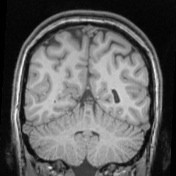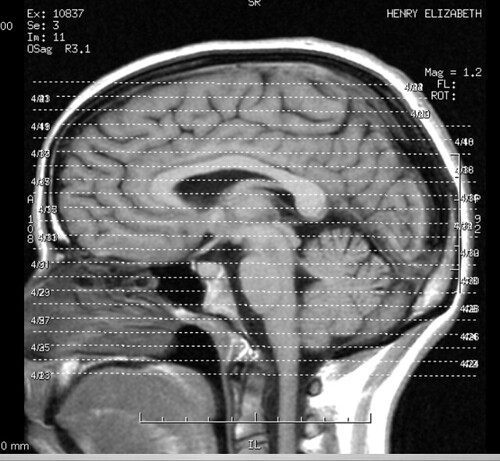
If someone gave you information that could help keep your memory healthy, would you use it? Here are some simple tricks you can use to exercise your memory skills and improve your memory and recall abilities. In this article, we will cover some great memory-saving tips.
Brain
Write down things you want to remember in order to improve your memory. The act of writing information down causes blood to flow to those areas of the brain associated with memories, and also rejuvenates those memories. You will be able to better remember things by having a journal or writing on sticky notes.
Exercise can have a tremendously beneficial impact on your memory. Exerting yourself promotes better circulation and oxygenation of the brain. Memory is one of the main functions of the brain and a fit body and mind is conducive to greater memory retention. A healthy, active person is also less likely to develop diabetes. As many diabetics will attest, this condition can significantly impair memory.
Memory loss is a vary tragic condition of an aging mind. A great way to prevent it, particularly in demented patients, is using prescriptions.
Not matter what age you are, you should always stretch your mind and learn new things. If you aren’t learning new things, you’re not using an essential part of your brain that will help strengthen your memory. The time may come when you will find it hard to remember some important information if you neglect the need to “exercise” your memory.
When it comes to improving your memory, exercise both your body and your brain. By treating your body well, it will enhance your brain’s ability to remember and then process information. Exercising also produces more oxygen to the brain, and reduces memory loss disorders. Exercise can activate chemicals that can help to protect cells located in your brain.
It may be easy to remember things if you make a song out of them. Using melodies is one effective means of improving memory. That’s why children’s television programs use songs to teach concepts. Melodies are repetitious, so your brain can easily hold onto them. So, try your best to sing away your next thought then see how different it is when you recall it.
Maintain a written diary. On a daily basis, jot down no less than five aspects of your life for which you are happy. As an alternative, you could write about five encouraging or optimistic things that occurred during the course of the day. Just by writing down something positive your mood will lift, helping to keep your mind sharp and your memory on point.
Avoid coffee. Drinking coffee or other beverages that contain caffeine can result in dehydration. Because most of your brain contains water, dehydration can make you feel fatigued, causing problems with brain functioning. This can be one cause of poor memory.
Improving Memory-saving tips and tactics aren’t overly complicated. Most of what you learned here is all fairly common-sense stuff, dealing with a lot of repetition and other retention practices. However, you cannot take this advice lightly just because it’s simpler than you assumed. Be sure that you’re using the tips here if you want to save your memory.



